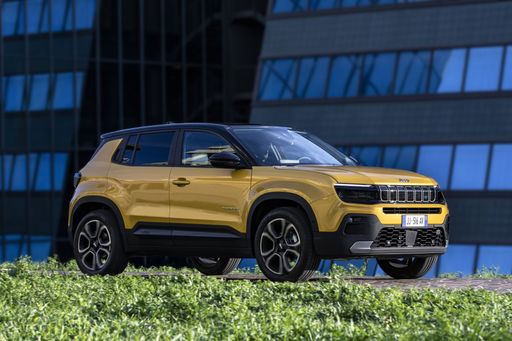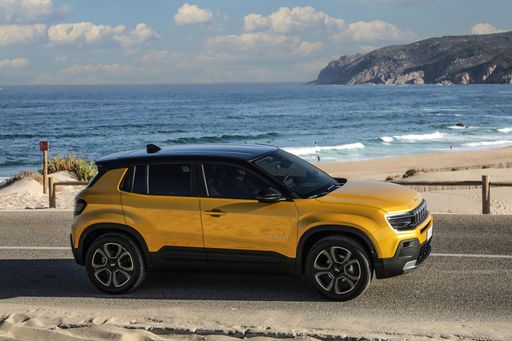City swagger or countryside grit?
The Jeep Avenger arrives with a rugged wink, its styling leaning into the adventurous SUV archetype, while the Toyota Yaris Cross plays the part of the polished urban companion with tidy proportions and clever detailing. Both have character, but they speak to different personalities: one wants to look ready for a weekend escape, the other wants to make city life feel more composed. Pick based on mood rather than spreadsheets — one makes a bolder statement at the kerb, the other slips into tight streets with quiet confidence.
















